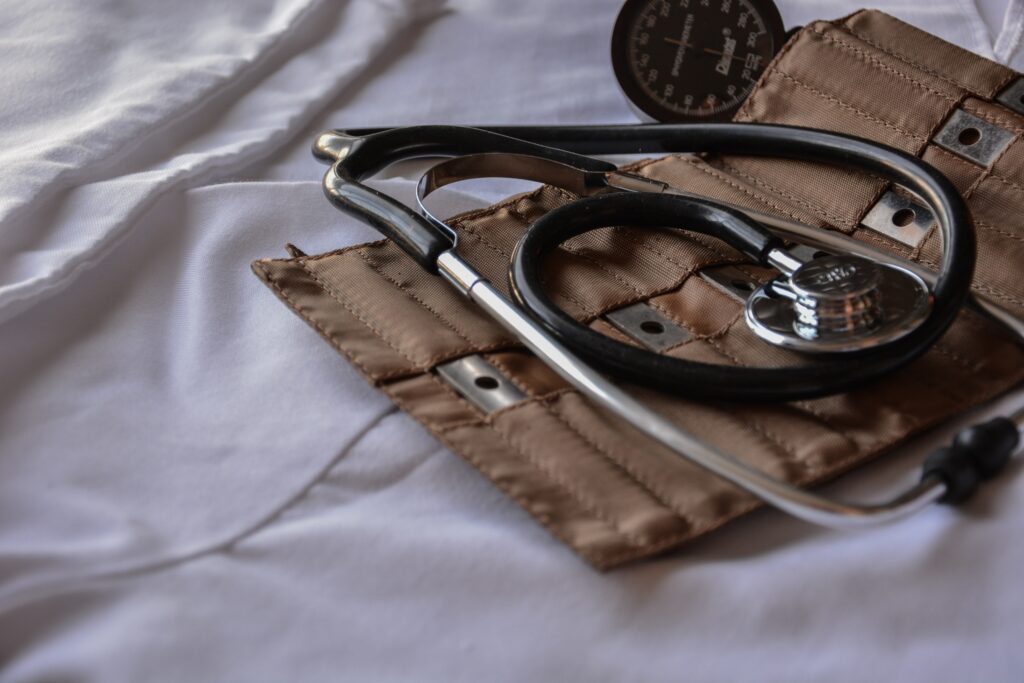


It is a proven fact that a medical ethics course can significantly enhance your thinking in clinical research and patient care. For example, let us say that you are a physician catering to a patient in need of a blood transfusion. The patient might refuse to get their blood transfused on religious grounds, and you are fully aware of the consequences the patient might face if they do not get the necessary treatment. The patient may even die, so what do you do?
It is common for such ethical dilemmas to rise in the medical dynamic and can often be quite complex to navigate. Speaking from experience, in most cases, tackling such ethical conundrums can be pretty challenging as there is no correct answer to such dilemmas. So how can one prepare to easily navigate such challenges, which are most likely to occur in medical school or in the professional field of medicine?
Having the basic knowledge before encountering such situations can be really helpful as you would know what comes ahead. With that being said, we have created a list of a few ways how an ethics course can prepare you for medical school and future practice.
As mentioned above, there is no correct answer to such dilemmas, which implies that an online ethics course can not provide you with clear answers to tackle such situations. However, it can provide you with a substructure that can significantly aid you in having a better grasp of the situation. Furthermore, with the help of the course, you will be able to break down the situation into palpable components and identify the issues that need to be weighed against each other.
Considering the scenario mentioned above, If you have a license to practice medicine and have a good understanding of an ethics course for doctors, you will know that it is a patient’s right to ignore any treatment that may befall him. Moreover, you are obligated to respect any decision made by the patient.
On the other hand, it is your duty as a physician to minimize the chances of any harm and work for the betterment of the patient. By all standards, this means that you have to give a blood transfusion to the patient and fully restore the patient’s health.
A medical ethics course can improve your communication skills and make you a much better empathetic medical practitioner. The previous reason suggests that the substructure provided by the medical ethics course would allow you to communicate with the patient freely. This communication implies that while you want to restore the patient’s health, you also want to respect the decision made by the patient regarding the treatment.
By doing this, you will ensure that you have established a strong bond with the patient. Moreover, you will come across as empathetic due to your respect and work together to develop a much better alternative solution.
An ethics course will also help you understand the severity of sensitive issues like euthanasia and abortion, as some people’s opinions about these treatments might not align with yours.
One of the primary issues discussed in the medical ethics course is justice. As we all know, medical care is valuable and a strictly limited resource, but how can we treat all the patients fairly and equally?
A medical ethics course will help you determine how you can add the justice factor in medical practice and equally distribute medical care among the patients. Generally speaking, every physician is questioned regarding justice regularly.
Be that as it may, if you are interested in getting a medical ethics course, consider us, as the courses we provide are CPD certified. If you have any queries, feel free to reach out to us via phone or email.